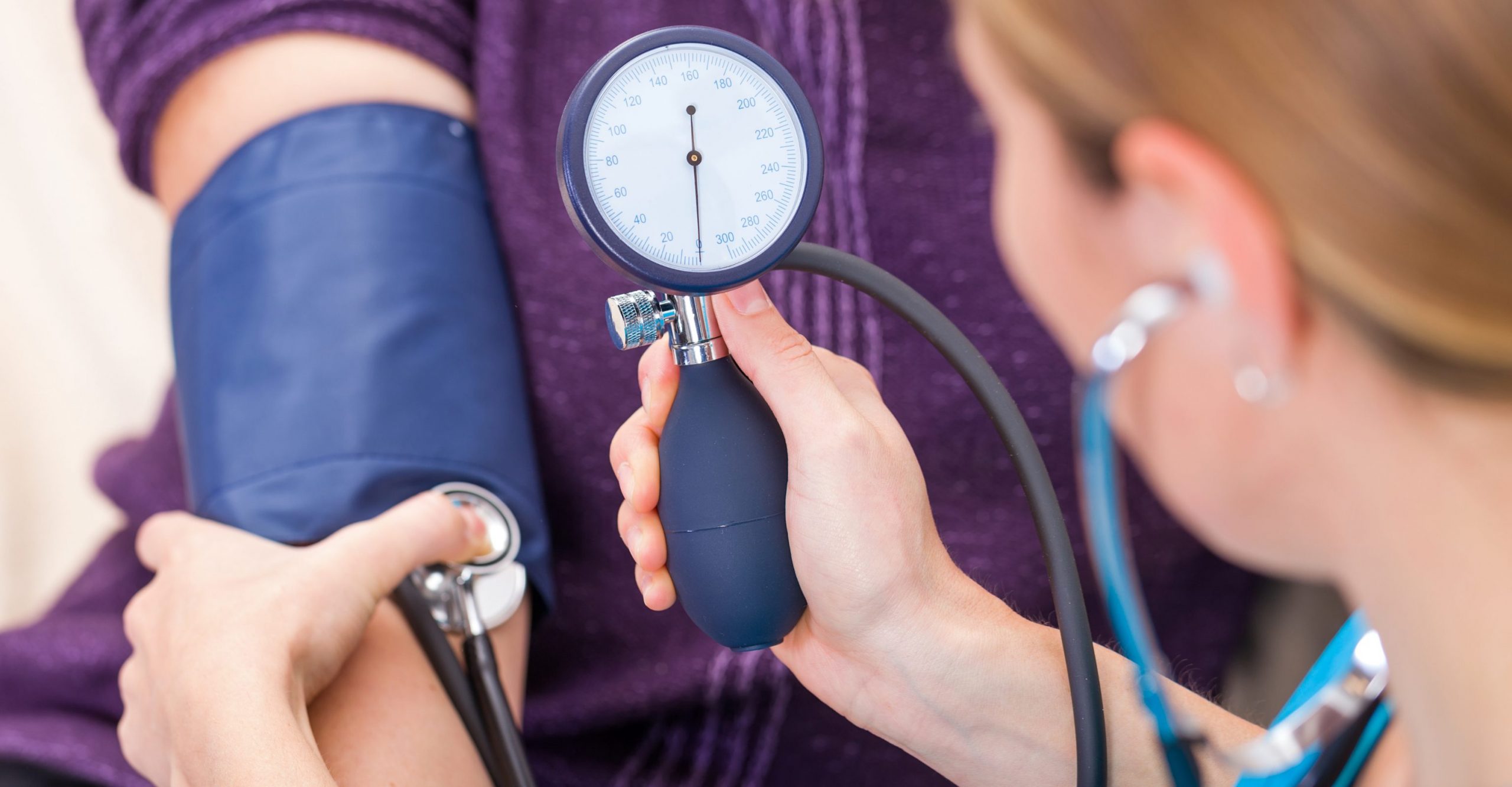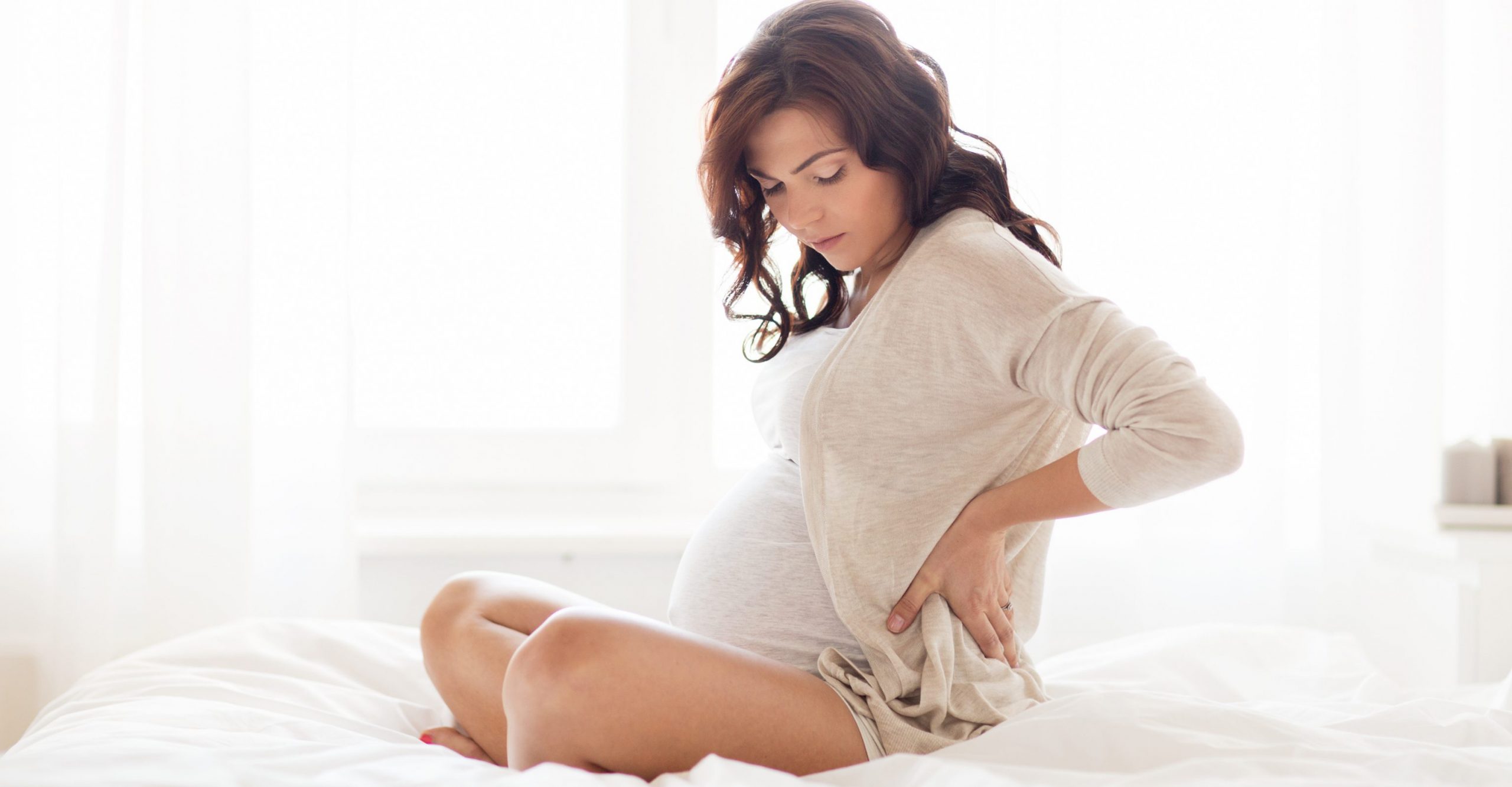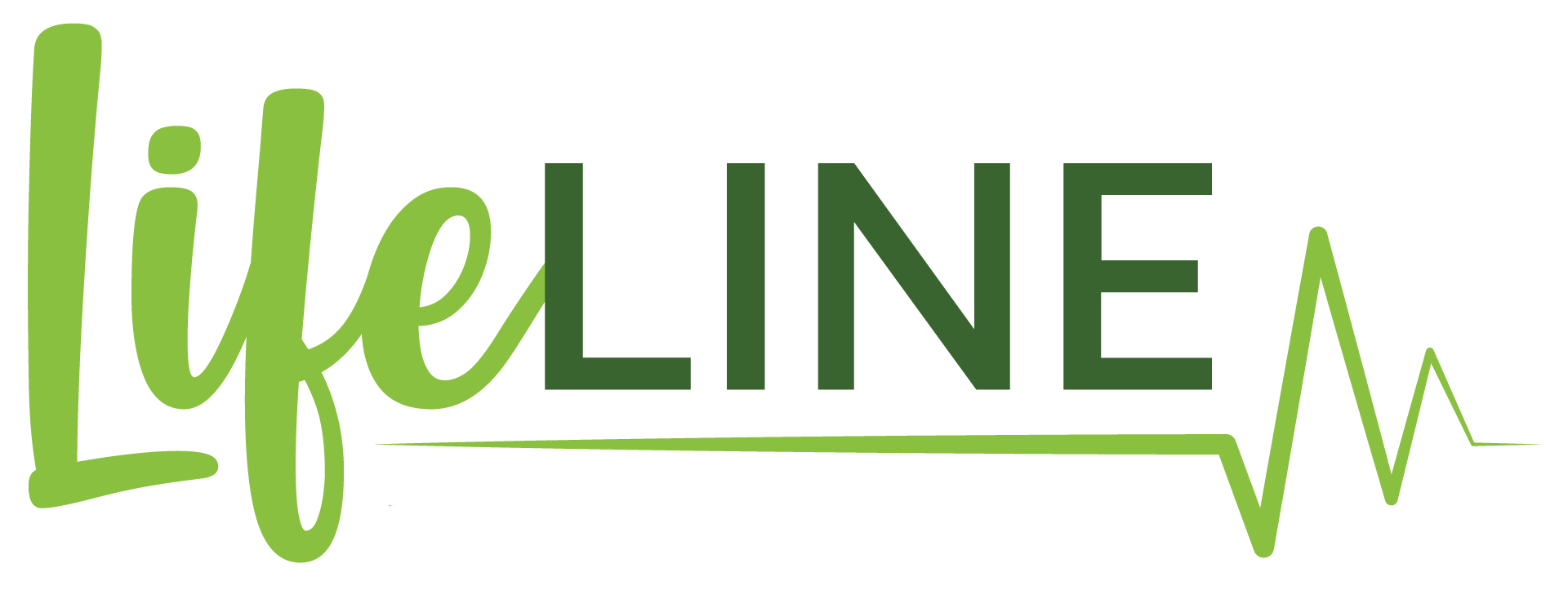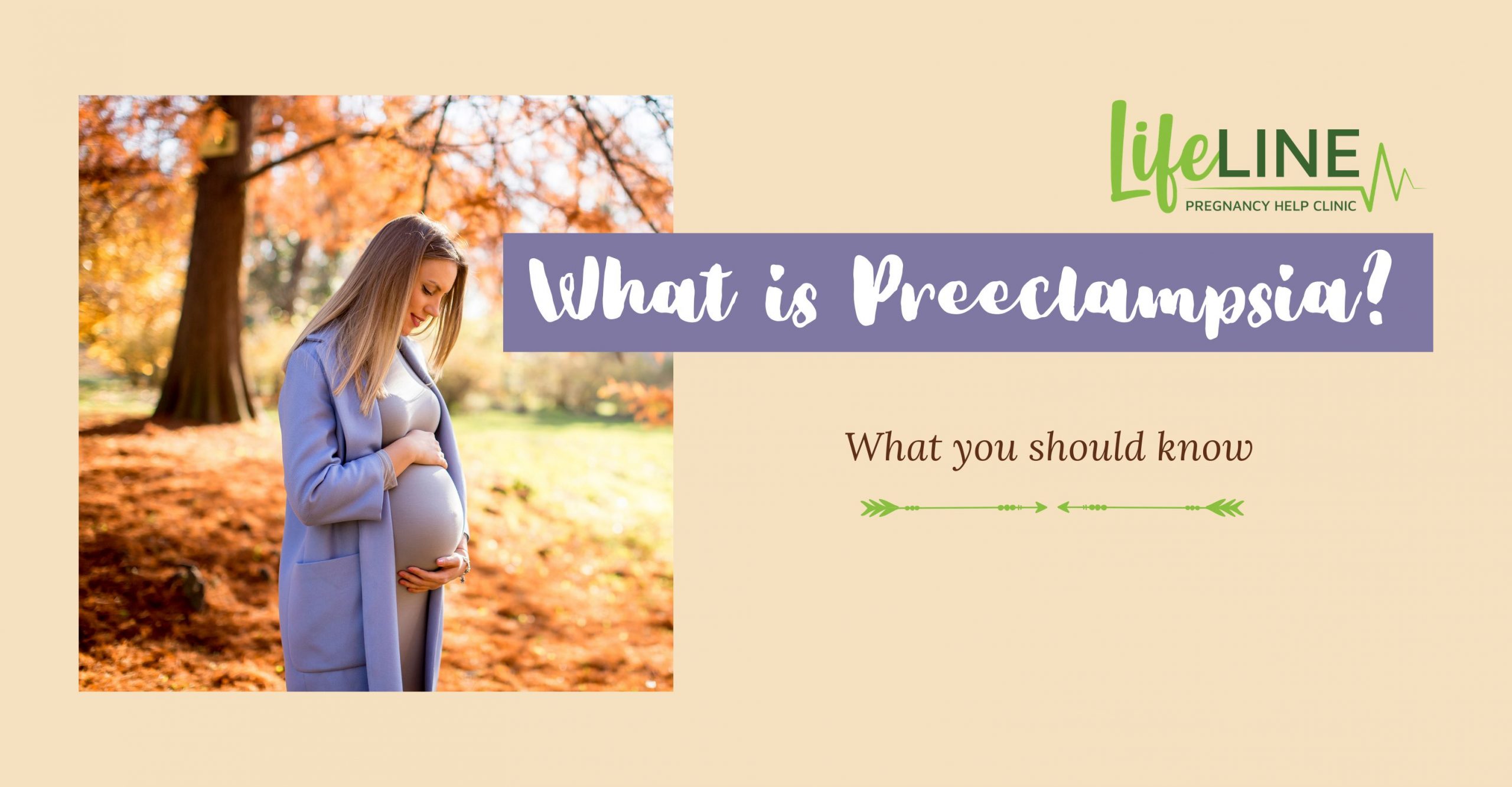What you should know about preeclampsia
You may have heard this term before, pronounced by your doctor or a fellow pregnant woman. But what exactly is preeclampsia and should you be concerned? More importantly, what can you start doing right now in order to stay safe?
The ABC’s of preeclampsia:
A like Associated:
Preeclampsia is a condition associated with pregnancy. More precisely, preeclampsia usually occurs after the 20th week of pregnancy, but it can also (rarely) start after delivery.
B like Blood:
Preeclampsia is when a pregnant woman has high-blood pressure. Other symptoms may include the presence of protein in urine, as well as a low platelet count (which undermines the clotting ability of your body).
C like Complications:
Preeclampsia can lead to complications for the mother (such as seizures, stroke, and an increased risk of heavy bleeding after delivery) and for the baby (growth restriction in the womb, placental abruption, and preterm birth).
So why does it happen? Unfortunately, researchers haven’t found the exact cause of preeclampsia yet, but they think that it may be due to a defective placenta, which is the pregnancy organ that provides oxygen and nutrients to your baby. About 5% of pregnant women develop preeclampsia. Blood pressure screening is strongly recommended, as preeclampsia alone was found to be responsible for 4.8% of pregnancy-related deaths in the United States in the years 2006 to 2010.

What signs of preeclampsia should you look for?
Women with preeclampsia don’t always have symptoms, but if you notice any of the following signs, be sure to talk to your doctor to stay safe:
- Persistent headaches
- Abnormal swelling in your hands and face
- Sudden weight gain (more than 5 pounds or 2.3 kg in a week)
- Changes in your vision (seeing spots, for example)
- Stomach pain, particularly in the right upper abdomen
- Nausea and/or vomiting (usually, morning sickness stops after the first trimester, so if you suddenly get nausea and vomiting in your third trimester, it might be a symptom of preeclampsia)
There is nothing that a woman can do to prevent preeclampsia, but eating healthy and exercising regularly can reduce the risk of developing the disease. In addition, being aware of the risk factors can also help you monitor your health and know when something is off. Those risk factors include:
- Being pregnant with multiples (twins, triplets, etc.)
- Being over 35 years old or in your early teens
- A first-time pregnancy
- Obesity
- A history of high blood pressure, diabetes, or kidney disorder
If left untreated, preeclampsia can lead to eclampsia (a complication of preeclampsia) and result in:
- Seizures
- Loss of consciousness
- Agitation
So what should you do if you are diagnosed with preeclampsia?

Does a diagnosis of preeclampsia require abortion?
Because preeclampsia usually happens after 20 weeks of pregnancy, there is no need to have an abortion. Instead, treatment lies on monitoring the health of the mother and her baby, as well as potential early labor induction (before 37 weeks of pregnancy). The delivery of the placenta itself is what, in most cases, makes the symptoms go away.
If your doctor estimates that your baby hasn’t developed enough yet to be able to survive outside of the womb, they may suggest different treatment options. Be your own health advocate by talking to your physician and asking questions. For instance, you can:
- Share your symptoms, even though you are not sure whether they are normal symptoms of pregnancy or not. It’s better to be safe than sorry, and your doctor certainly wants you to feel reassured, empowered, and healthy.
- Ask your doctor what each treatment option entails and what would be best in your case.
If your doctor is trying to delay delivery, they may:
- Prescribe a medication to control your blood pressure
- Use corticosteroid injections to help the lungs of your baby develop faster
- Give you a medication to help prevent seizures
- Admit you to the hospital for monitoring and medications through an IV
Another treatment option has recently been suggested by researchers to help “extend the length of pregnancy by an average of six days”. This involved taking melatonin, the naturally occurring sleep hormone produced by our brains. Indeed, studies have shown that a reduced level of this hormone is associated with preeclampsia. Ask your doctor if this is something they think might help.

What about after pregnancy?
Many times, preeclampsia stops after the woman delivers the placenta, and blood pressure returns to normal in the next 48 hours. Nonetheless, in some women, preeclampsia can:
- Return after birth: High blood pressure can persist months after delivery and needs to be closely monitored.
- Start after birth: This is what happened to this mother who wasn’t diagnosed with preeclampsia during her pregnancy, went on having a healthy and quick delivery, but had a seizure a few days later. Although rare, these cases happen, and “Many providers are not even aware of the risks associated with preeclampsia that persist after delivery.“
- Cause severe complications, such as heavy bleeding after birth: Because lower levels of blood platelets (the blood cells involved in blood clotting) is a symptom of preeclampsia, women with this disease are more at risk (a 1.53 fold increased risk) of hemorrhage after delivery.
Not every woman is off the hook directly after giving birth. Therefore, it’s important to continue to monitor your health and let your doctor know of any concerns.
At Lifeline, your health is constantly in our mind. If you are pregnant and having headaches or any of the other symptoms listed above, our registered nurses can check your blood pressure and give you recommendations to help manage preeclampsia. All of our services, including pregnancy testing, limited ultrasound, and counseling are offered to you at no cost. Make an appointment now by calling us at (660) 665-5688 or by texting us at (660) 207-5866. We are here to help you!
This post has been reviewed by Lifeline’s medical team.
Sources:
https://www.healthline.com/health/preeclampsia
https://www.healthline.com/health/eclampsia#symptoms
https://www.nature.com/articles/jhh201637
https://www.parents.com/pregnancy/complications/preeclampsia/postpartum-eclampsia-seizure/
https://www.ncbi.nlm.nih.gov/pmc/articles/PMC3867333/
https://pubmed.ncbi.nlm.nih.gov/19935034/
https://www.ahajournals.org/doi/full/10.1161/STROKEAHA.117.018416

